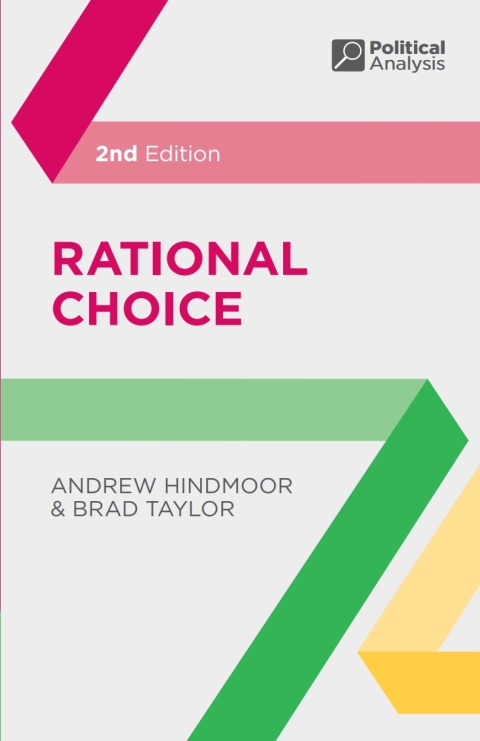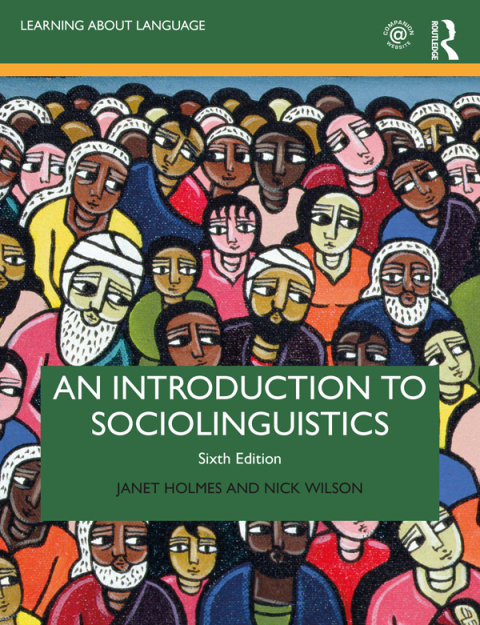Description
Efnisyfirlit
- Contents
- List of Boxes, Figuresand Tables
- Preface
- Chapter 1 Introduction
- Political economy to economics
- The emergence of rational choice ( 1950– 1970)
- The take- off to growth ( 1970– 1994)
- A difficult decade ( 1994– 2004)
- Major combat operations are over? ( 2004–)
- Chapter 2 James M. Buchanan and ConstitutionalPolitical Economy
- Setting the stage: the state as an escapefrom Hobbesian anarchy
- Exchange and the constitutional framework
- Choice within rules versus choice among rules
- The Calculus of Consent
- Covenants without the sword
- Assessment
- Chapter 3 Anthony Downs and the Spatial Theory of Party Competition
- Setting the stage: the demands of democracy
- The precursors of party competition
- The median voter theorem
- Qualifying the argument: accounting for divergence
- Assumption 1: there are only two parties
- Assumption 2: political space is one- dimensional
- Assumption 3: parties can move to and occupyany point in this one- dimensional space
- Assumption 4: parties are vote- maximizers
- Assumption 5: voters vote for the party closestto them in political space
- Assumption 6: there is perfect information
- Assumption 7: voters’ preferences are fixed
- Assessment
- Chapter 4 William Riker and the Theoryof Coalitions
- Setting the stage: choosing a voting system
- Riker and the theory of the minimal- winningcoalition
- Policy- seeking parties
- The portfolio- allocation model
- The transaction costs of policy agreements
- Assessment
- Chapter 5 Kenneth Arrow and Social Choice Theory
- Setting the stage: democracy and the public will
- The precursors of social choice theory
- Arrow: social choice and individual values
- Riker: liberalism against populism
- The possibility of social choice
- Assessment
- Chapter 6 Mancur Olson and the Logic of Collective Action
- Setting the stage: individuals, groups and rationality
- Olson’s The Logic of Collective Action
- Resolving collective action problems
- Elinor Ostrom and common pool governance
- Assessment
- Chapter 7 Gordon Tullock, Rent- Seeking and Government Failure
- Setting the stage: government without angels
- Rent- seeking: the welfare costs of tariffs,monopolies and theft
- Corruption, slack and bureaucracy
- Political agency, constraint and selection
- Assessment
- Chapter 8 Anthony Downs (again) and The Economics of Information and Voter Choice
- Setting the stage: motivation, information and rational choice
- Rational ignorance
- Low- information rationality
- Rational irrationality
- Expressive voting
- Assessment
- Chapter 9 Rational Choice Explanation
- Introduction
- Positivism and explanation through laws
- All other things being equal: tendency laws and the inexact (social) sciences
- Scientific realism and the search for mechanisms
- The place of rational choice theory in political science
- Bibliography
- Index







Reviews
There are no reviews yet.